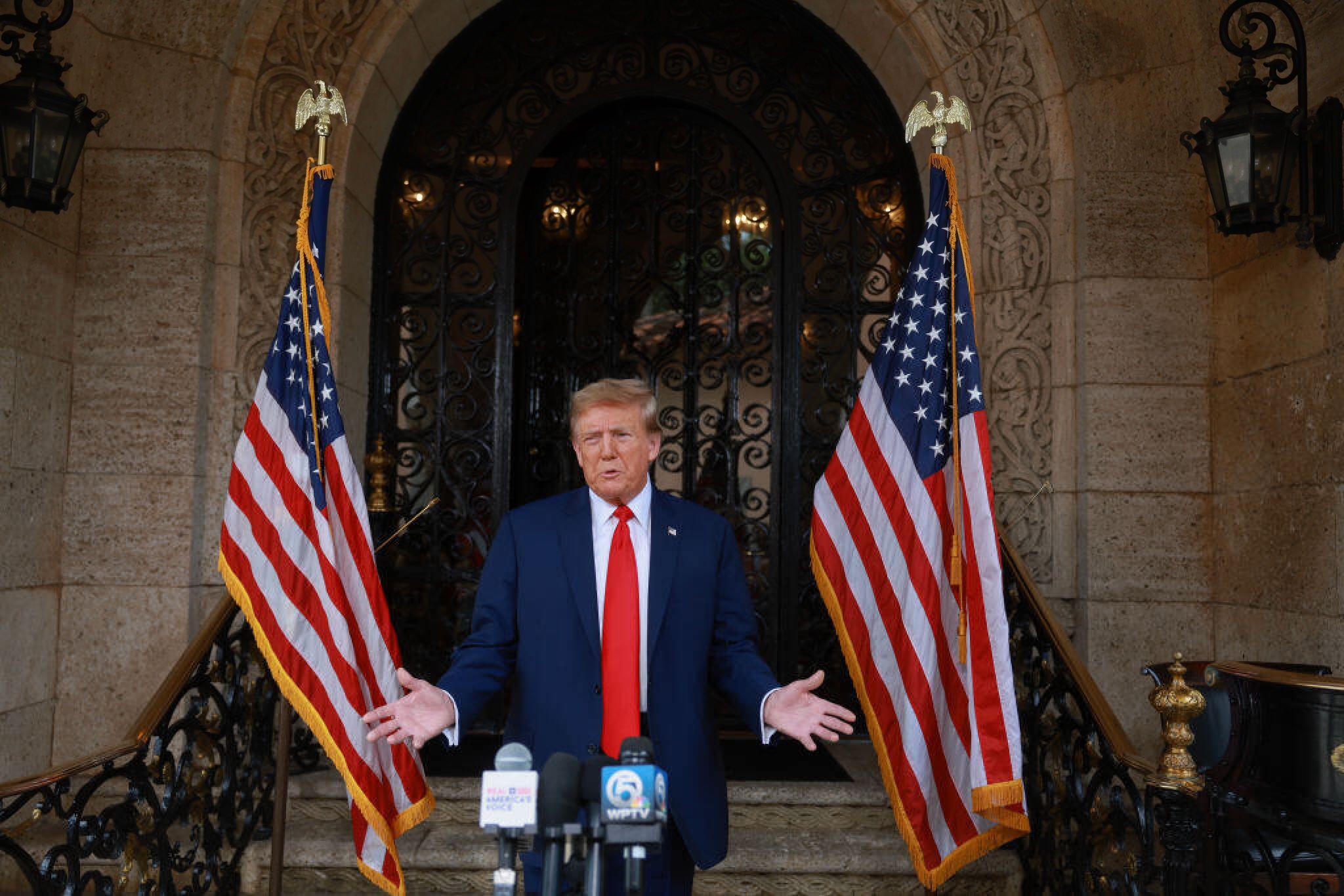In a potentially consequential decision with ripple effects across the nation, the Supreme Court expressed deep skepticism on Thursday towards Colorado’s attempt to remove former President Donald Trump from the Republican primary ballot. The case hinged on whether states have the authority to use a rarely invoked provision of the 14th Amendment to disqualify candidates involved in insurrection.
During the two-hour oral arguments, a majority of the justices leaned towards limiting the power of individual states in enforcing this provision. Chief Justice John Roberts questioned the rationale behind granting states such authority, suggesting it contradicts the 14th Amendment’s purpose of curbing state power after the Civil War. He warned that allowing this interpretation could lead to a chaotic scenario where “some states would then kick other presidential candidates off the ballot, both Republicans and Democrats,” potentially destabilizing elections.
Several conservative justices echoed this sentiment, raising concerns about the inconsistency and practical challenges of empowering states to make individual eligibility decisions for presidential candidates. Justice Brett Kavanaugh emphasized the 14th Amendment’s emphasis on Congress holding the primary role in enforcing such provisions, citing historical interpretations from the Civil War era. Justices Amy Coney Barrett and Samuel Alito joined the chorus, expressing discomfort with the possibility of different states reaching opposing conclusions on candidate eligibility.
Justice Elena Kagan, one of the three liberal justices, highlighted the “extraordinary” nature of granting states such power, potentially allowing them to unilaterally influence who becomes president. Justice Ketanji Brown Jackson emphasized the potential pitfalls of “interim dis-uniformity,” where diverse states might apply the provision differently, creating confusion and jeopardizing election integrity.
The case stems from a December ruling by the Colorado Supreme Court, which deemed Trump ineligible for the Republican primary ballot based on his actions surrounding the January 6th Capitol attack. This decision, put on hold pending appeal, triggered broader national interest, as other states with conservative legislatures considered similar measures against President Joe Biden in retaliation.
Attorneys representing the six Colorado residents who challenged Trump’s candidacy argued that his efforts to overturn the 2020 election amounted to “insurrection” under the 14th Amendment. They presented legal briefs accusing Trump of “intentionally organizing and inciting a violent mob to attack the United States Capitol” in a bid to obstruct the electoral process.
Trump’s legal team presented a multi-pronged defense. They contested his classification as an “officer of the United States,” argued that his actions didn’t constitute insurrection, and maintained that only Congress holds the authority to enforce Section 3 of the 14th Amendment regarding disqualification.
While the outcome is still uncertain, the court’s initial skepticism suggests a low probability of Trump being barred from the Colorado ballot. This decision holds broad implications for the upcoming elections and beyond. If Trump loses the case, it could deter other states from pursuing similar measures against him or other candidates. However, if Trump prevails, it could set a precedent empowering states to interpret and enforce disqualification provisions, potentially fueling further legal challenges and political polarization.
The case also reignites scrutiny over Justice Clarence Thomas’ potential conflict of interest due to his wife’s involvement in efforts to overturn the 2020 election. While some Democrats advocated for his recusal, the case proceeds with his participation, adding another layer of complexity to an already politically charged legal battle.
With a ruling expected within weeks, the Supreme Court’s decision in this case will undoubtedly have significant ramifications for the 2024 presidential election, shaping the legal landscape around candidate eligibility and potentially reshaping political dynamics across the nation.
